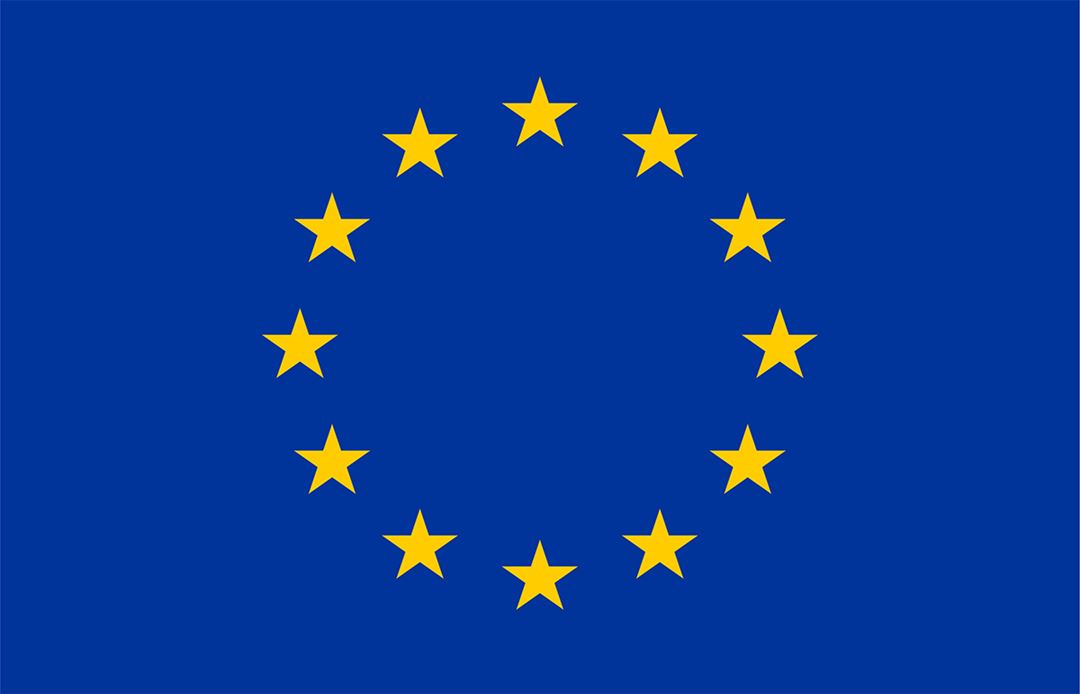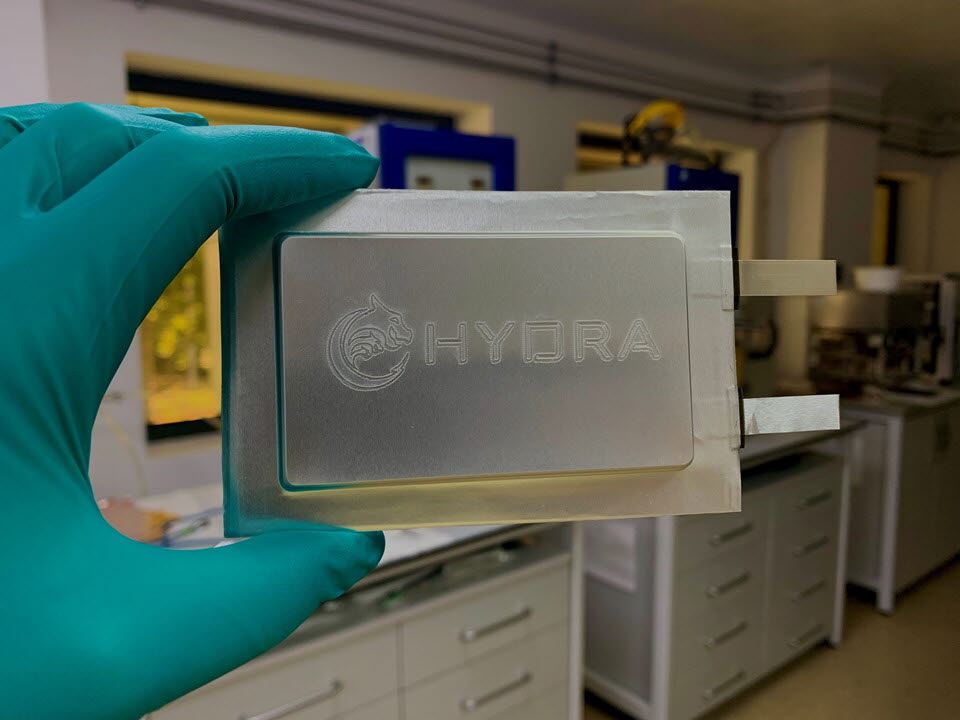The project is coordinated by Dr. Simon Clark, a research scientist at SINTEF. "High-performance and affordable electric mobility is a cornerstone technology for reducing air pollution in cities and enabling the future of the Green Transition," says Clark. "The cost and lifetime of electric vehicles are largely determined by the battery pack, which can be heavy and expensive. HYDRA is developing advanced battery materials, cell designs, and manufacturing methods to address these challenges in a sustainable way."
HYDRA will focus on the development of Generation 3b Li-ion batteries, which combine high-capacity anode materials with high-voltage cathode materials to store significantly more energy with less weight and volume in a safe electrolyte. In addition to the research goals of the project, the consortium includes partners from industry to ensure that the findings support the growing European battery industry.
“HYDRA is an important project to progress sustainable manufacturing of next generation battery materials in Europe, and Elkem is pleased to contribute," says Stian Madshus, Vice President of Elkem Battery Materials. "This effort fits well with Elkem's activities to supply solutions to the battery industry and the EV market, including graphite for anodes, silicon for tomorrow’s anodes and silicone solutions for battery packs and modules.”
Project partner Corvus Energy develops Energy Storage Solutions (ESS) for the maritime industry. “Running such a comprehensive project with experts across the value chain will create the momentum needed to accelerate the development towards the next generation batteries free of critical raw materials. With this project, we will also be able to further reduce the cost for the end-user by improving battery sizing algorithms and lifecycle analysis through more advanced characterization methods and cell modelling framework," says Chief Technology Officer Lars Ole Valøen.
About HYDRA
Like the mythical beast, the HYDRA project will take a multi-headed approach to solve the challenges that have limited Li-ion batteries in EVs.
The project will combine advances in hybridized battery materials with model-based design to develop optimized designs that balance the needs for energy and power while retaining capacity over many cycles. In this effort, HYDRA enlists the support of preeminent battery research groups in Europe. Additionally, the project mobilizes strong commitment from industry partners across the battery value chain. From materials development, to cell manufacturing, and pack integration, HYDRA will pursue solutions that are feasible, sustainable, and relevant to the needs to the e-mobility industry today.
Ecological and economic sustainability is a key focus of HYDRA. The project will target the development of environmentally friendly water-based processing of cobalt-free cathode materials. This has the potential to significantly improve the cost and safety of the manufacturing process and reduce dependence on critical raw materials (CRMs). The HYDRA concept uses abundant electrode materials like iron, manganese, and silicon, with a net CRM reduction of >85%.
HYDRA will collaborate with other EU battery research projects through the activities of the LC-BAT-5 Cluster.
Fast facts
Project duration: September 2020 - August 2024.
Project budget: €9.4 million
Partners: SINTEF (Coordinator), Université catholique de Louvain (UCLouvain), FAAM Research Center, The German Aerospace Center (DLR), National Research and Development Institute for Cryogenics and Isotopic Technologies (ICSI) RM Valcea, Solvionic, Corvus Energy AS, Polytechnic University of Turin, Elkem ASA, Johnson Matthey plc, Uppsala University and The French Alternative Energies and Atomic Energy Commission (CEA).

This project has received funding from the European Union's Horizon 2020 innovation programme under grant agreement number: 875527


